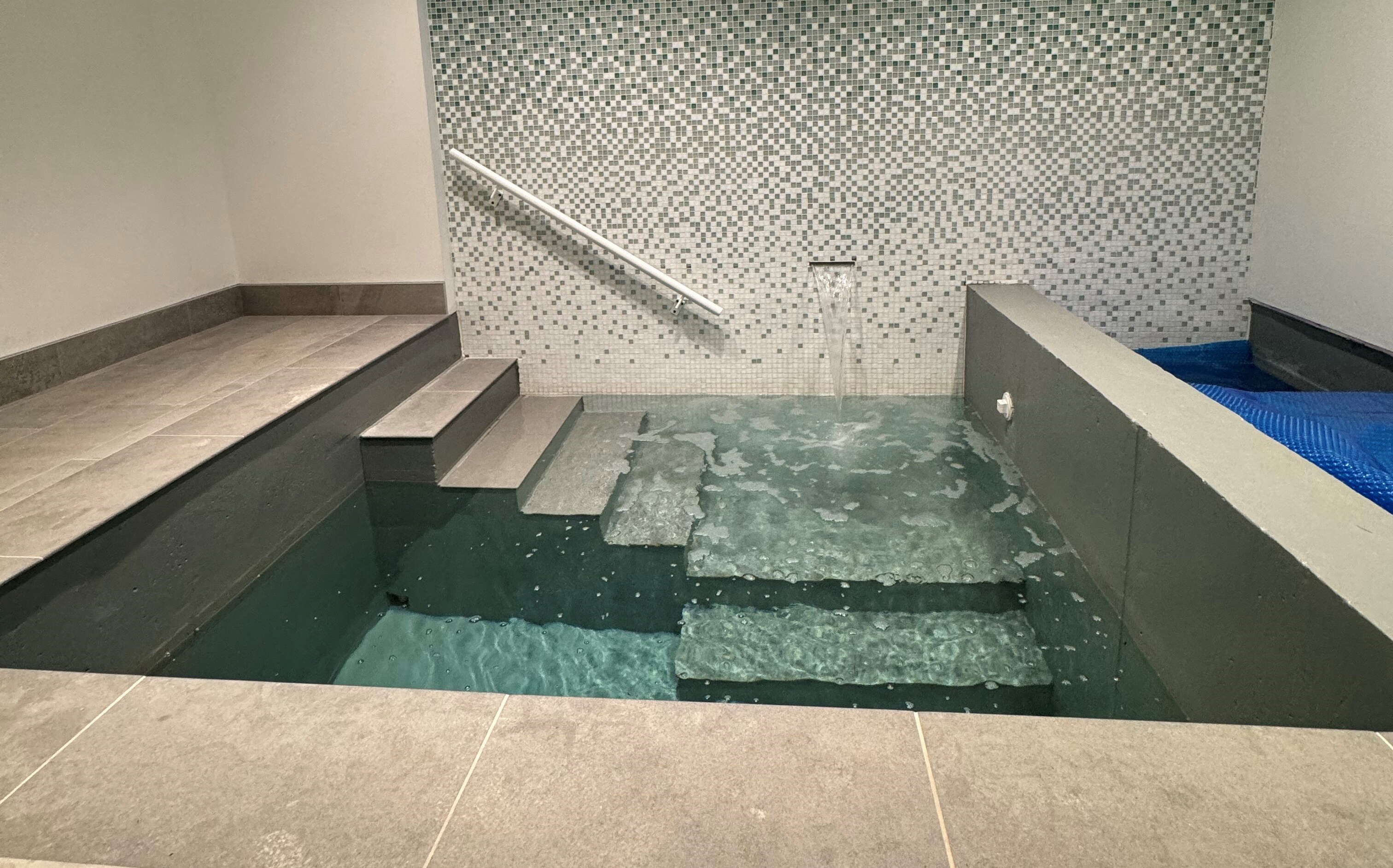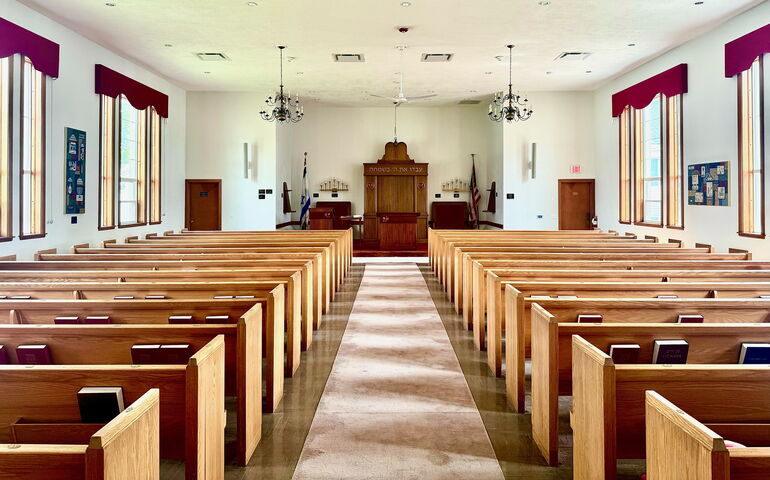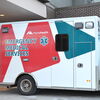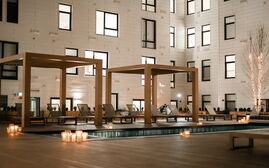
Processing Your Payment
Please do not leave this page until complete. This can take a few moments.
- News
-
Editions
-
- Lists
-
Viewpoints
-
Our Events
-
Event Info
- Business Leaders of the Year Reception 2025
- Women's Leadership Forum 2025
- On the Road with Mainebiz in Bethel
- Health Care Forum 2025
- On The Road with Mainebiz in Greenville
- On The Road with Mainebiz in Waterville
- Small Business Forum 2025
- Outstanding Women in Business Reception 2025
- On The Road with Mainebiz in Bath
- 60 Ideas in 60 Minutes Portland 2025
- 40 Under 40 Awards Reception 2025
- On The Road with Mainebiz in Lewiston / Auburn
- 60 Ideas in 60 Minutes Bangor 2025
Award Honorees
- 2025 Business Leaders of the Year
- 2024 Women to Watch Honorees
- 2024 Business Leaders of the Year
- 2023 NextUp: 40 Under 40 Honorees
- 2023 Women to Watch Honorees
- 2023 Business Leaders of the Year
- 2022 NextUp: 40 Under 40 Honorees
- 2022 Women to Watch Honorees
- 2022 Business Leaders of the Year
-
-
Calendar
-
Biz Marketplace
- News
- Editions
- Lists
- Viewpoints
-
Our Events
Event Info
- View all Events
- Business Leaders of the Year Reception 2025
- Women's Leadership Forum 2025
- On the Road with Mainebiz in Bethel
- Health Care Forum 2025
- On The Road with Mainebiz in Greenville
- + More
- On The Road with Mainebiz in Waterville
- Small Business Forum 2025
- Outstanding Women in Business Reception 2025
- On The Road with Mainebiz in Bath
- 60 Ideas in 60 Minutes Portland 2025
- 40 Under 40 Awards Reception 2025
- On The Road with Mainebiz in Lewiston / Auburn
- 60 Ideas in 60 Minutes Bangor 2025
- - Less
Award Honorees
- 2025 Business Leaders of the Year
- 2024 Women to Watch Honorees
- 2024 Business Leaders of the Year
- 2023 NextUp: 40 Under 40 Honorees
- 2023 Women to Watch Honorees
- 2023 Business Leaders of the Year
- + More
- 2022 NextUp: 40 Under 40 Honorees
- 2022 Women to Watch Honorees
- 2022 Business Leaders of the Year
- Nomination Forms
- Calendar
- Biz Marketplace
In Waterville, renovated synagogue includes ritual pool using ‘living water’
 Photo / Courtesy, Sheridan Construction Corp.
Floors, pews, paint and lighting were part of an extensive renovation project at Beth Israel Synagogue in Waterville.
Photo / Courtesy, Sheridan Construction Corp.
Floors, pews, paint and lighting were part of an extensive renovation project at Beth Israel Synagogue in Waterville.
An extensive renovation of Beth Israel Synagogue in Waterville has included the addition of a mikvah, a special type of pool used in Judaism for ritual immersions around life events such as celebrations and healing.
“It’s stunningly beautiful,” said Sandy Maisel, a member of the Beth Israel board of directors and chair of a fundraising campaign called the Foundation and the Future. The drive was established in 2022 with a goal of raising $2.5 million in five years to invest in the synagogue.

Renovations throughout the 6,080-square-foot building, at 291 Main St., also included updated accessibility, the addition of HVAC systems, security improvements, a new electrical entrance and general finish upgrades. The total cost was just under $2 million, said Maisel.
Sheridan Construction Corp., a design and build construction company in Fairfield, served as construction manager.
In a sign of the times, said Maisel, enhanced security systems were added inside and outside the building. They include security cameras, rooms that can be locked down from the interior, ground-floor bullet-proof window screenings, secure doors and a secure communication system with the Waterville police and fire departments.
“This is just something that, in this time in the third decade of the 21st century, certainly every Jewish house of worship and many other houses of worship have to be cognizant of,” he said.
Streaming services
The Beth Israel Congregation was established over 100 years ago, according to the synagogue’s website. The congregation moved to 291 Main St. in 1957. The building has a sanctuary, classroom, social hall and kosher kitchen.
“We renovated virtually the entire building,” said Maisel.
The work included making the pulpit more accessible by lowering it about 3 feet and installing custom-made furniture made by Studio Gruss, in Brooklyn N.Y., which specializes in synagogue interior design and furnishings.
The need for an updated HVAC system was one of the things that motived the project, Maisel said.
“Although one doesn’t see it, you certainly felt it,” he said.
An audiovisual system was installed so services could be streamed.
Two classrooms on the ground floor were renovated, one for the use of small meetings and classes. New AV equipment and furnishings were installed in the larger classroom.
All of the lighting and paint were redone, brightening the interior, said Maisel. The floors and pews were refinished.
Work in the downstairs community room and kitchen included new lighting, replacement of a non-ADA-compliant ramp with a handicap lift and new furnishings.
Ritual pool
The mikvah is a major new component built in what was part of the community room in the basement. The ritual pool is available to Jews of all denominations. Users don’t have to be a member of the congregation.
There are now three mikvahs in Maine — in Waterville, Bangor and Portland — but only the ones in Waterville and Bangor are open to the general public, said Rachel Isaacs, Beth Israel’s rabbi.
“It’s an important entryway to Jewish spirituality,” said Isaacs.
The mikvah has been reserved on average 10 times per month since it opened in March. Users include students at nearby Colby College, students from the synagogue’s Hebrew school and people converting to Judaism.
“We’ve had many conversions from people across the state,” said Isaacs.
Bechtel Frank Erickson Architects in Lexington, Mass, designed the mikvah. Its maintenance is supported by Beth Israel, other denominations and the Jewish Community Alliance of Southern Maine in Portland, Maisel said.
Lake ice
The infrastructure includes an entry room, called a “bor,” where people can sit with each other and with the rabbi. There’s a changing room, a bathroom and the pool that’s about 7 feet square by 5 feet deep, with mosaic tiles around the outside.
“For a mikvah to be religiously acceptable, it has to have what’s called ‘living waters,’” said Maisel.
Typically, congregations collect rainwater to fill their mikvahs. In this case, the pool is filled with water melted from 2.5 tons of solid ice that was cut from a spring-fed pond on land owned by the family of one of Beth Israel’s congregants, said Isaacs.
“He came with a chainsaw and some equipment to transport the ice,” she said. “I also used my pick-up truck.”
Colby students helped congregants harvest the ice, cut into 2-foot-square blocks, then load and unload.
A bit of math was involved. The congregant’s family owns a logging company, so the group was able to weigh the trucks before the harvest and then weigh them with the ice, to make sure they had over one ton.
“We knew we needed one ton to fill the bor,” said Isaacs.
“We put in much more,” said Maisel.
The synagogue now keeps a freezer full of backup snow and ice to replenish the pool as water evaporates.
Mainebiz web partners
Related Content
It is heartbreaking to read about the security system needed. I'm so sorry you have to think about this type of stuff but thankful you were able to raise the funds needed.













1 Comments